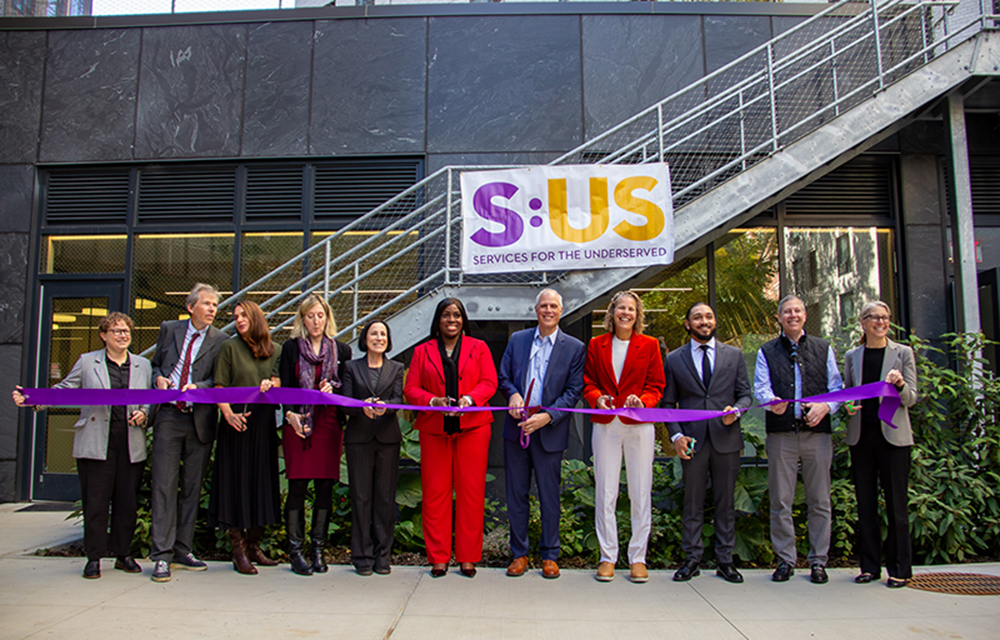WSP acquires YR&G; To join Built Ecology group
New York, NY WSP, a global engineering and professional services organization, has acquired YR&G, a national firm that specializes in sustainable consulting, education and analysis. YR&G will be joining the Built Ecology group of WSP USA’s buildings practice and will be working closely with the many sectors served across the company. Founded in 2006, YR&G is a consulting firm of 20 professionals comprised of engineers, building scientists, ecologists, program managers and sustainable business specialists. With a presence in NYC, Denver/Boulder, Chicago, and Portland the firm works with private developers, municipalities, public development authorities, school districts, architecture and construction firms, property management companies, building owners and corporate sustainability groups.
“Our buildings practice was founded on the notion that driving high performance design was essential to our collaboration with architects in the creation of great buildings,” said David Cooper, president of WSP USA’s buildings practice. “Over the years that passion expanded to include broader sustainability goals with our proud participation as a founding member of the US Green Building Council – at the time the only engineering firm to be part of that movement. The acquisition of YR&G enables us to broaden and deepen our expertise in both the design of high performance buildings and the strategic analysis and advice we can provide to our clients.”
According to Josh Radoff, a founding principal at YR&G, “We are very excited to be joining the WSP USA team. It gives us an amazing platform to further our impact on the sustainability and health of built environments. While our roots are in building and neighborhood sustainability, we look forward to expanding our reach across WSP’s transportation and infrastructure, industry and energy, and water and environment practices and to be part of one the best all-around sustainability consulting, engineering, and infrastructure practices that exists today.”
Troutbrook expands with boutique condo project and Marriott Fairfield Inn & Suites renovation








.gif)
.jpg)
.gif)
.gif)